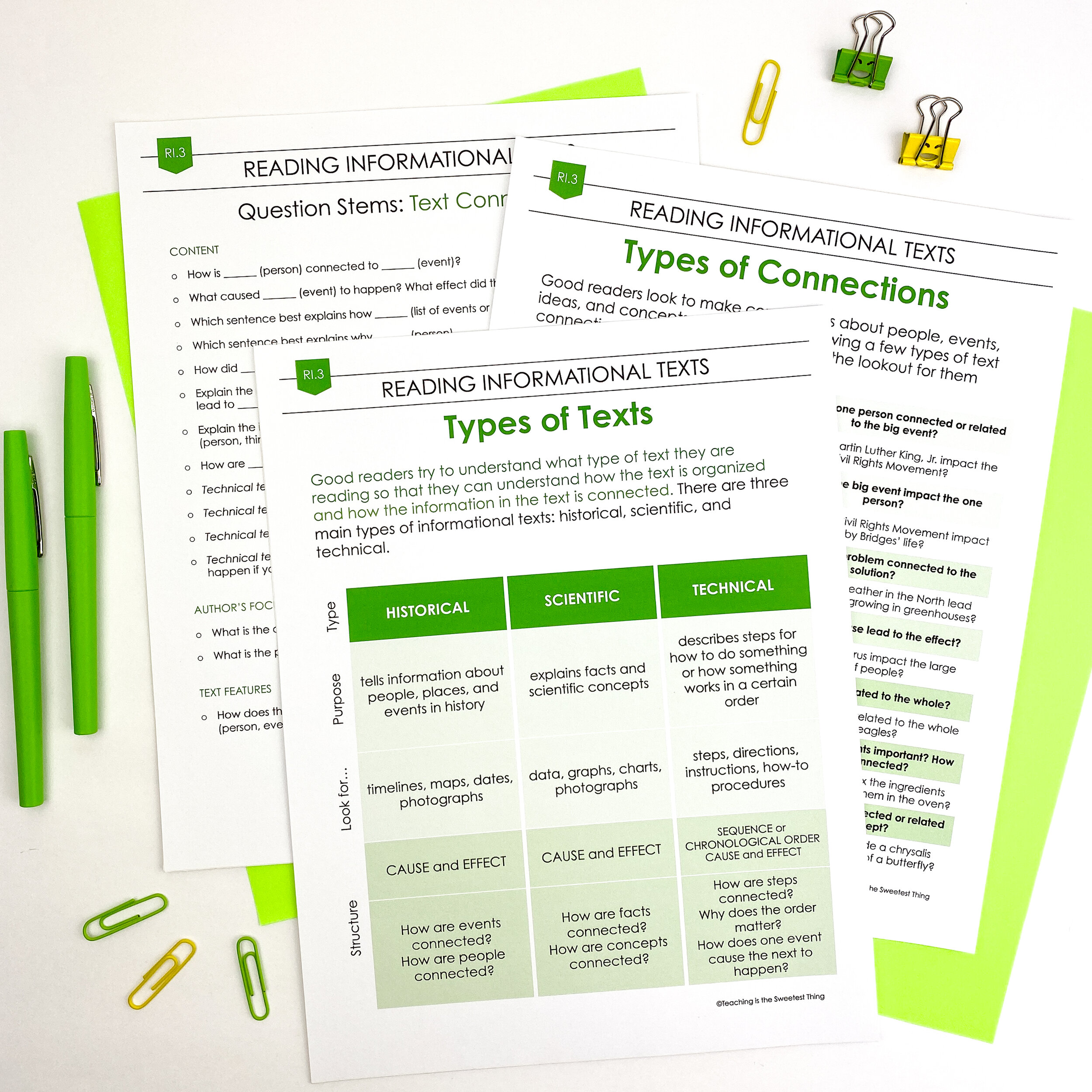How to Differentiate Whole Group Reading Instruction Like a Rockstar
We are talking all about differentiation over here! Today, let’s talk about how to differentiate instruction during a whole group reading lesson. Differentiation is how a teacher adapts instruction to meet the specific learning needs of an individual or group of students. Differentiating instruction during whole group reading is imperative for meeting the needs of all of your learners. It helps all students be successful during the lesson and builds their confidence in reading.
You can approach differentiating your lessons in few different ways. You can differentiate…
how you instruct and the learning environment
the subject matter or content
That means there are endless opportunities to incorporate differentiation into your classroom. So let’s look at some ideas for how to differentiate whole group reading instruction like a rockstar!
1. How You Instruct: Address a Variety of Learning Styles
As teachers, it’s essential to make sure that your lessons address as many learning styles as possible (i.e. auditory, visual, tactile and kinesthetic). When teaching a reading lesson to the whole group, for example, you’ll most likely find yourself addressing auditory learners readily. So, to differentiate the lesson further, ask yourself: How can I incorporate visuals into this lesson? This could mean anchor charts, Google slides, or even a short video clip.
2. How You Instruct: Use Assessments to Guide Instruction
Using assessments is a great way to review what level your students are currently performing at. This is one way to easily help you guide instruction for all levels of your class. Using assessments is critical for differentiation because it helps with goal-setting to target instruction, diagnoses strengths and weaknesses of a student’s learning, and also allows you to get to know your individual readers.
There are two types of assessments:
Formative assessments are assessments FOR learning and include journaling, conferring, observation, self-assessment, portfolios, and so on.
Summative assessments are assessments OF learning and include unit assessments, standardized assessments, portfolios, and so on.
I like to use a variety of assessments during reading with my students. For example, in my Reading Informational Text set, there are both multiple choice and short answer assessments included for each passage. These formative assessments are great for monitoring student performance while teaching each skill.
3. Subject Matter or Content: Use Ready-Made Differentiated Resources
One of the easiest ways to meet the needs of all learners and differentiate whole group reading like a rockstar is through leveled books or passages.
You can easily access online libraries such as Epic or Reading A-Z , which have leveled books over the same content as well as comprehension quizzes to accompany them. You could do a whole group lesson over specific content and then print leveled stories for your students to read at their independent level OR have them log in to a device to read their leveled story. To learn more about Epic, Reading A-Z and differentiating instruction especially if you are teaching remotely, check out this previous blog post: 5 Ways to Differentiate Instruction During Remote Learning.
Another option is to use differentiated reading passages like any of these sets. Students come into your classroom with a wide range of reading levels. Each passage in this set comes in multiple levels of difficulty to allow you to meet every child at his or her reading level with the SAME content. It is up to you to choose which level you assign each student to use.
The passages are gradually differentiated into different reading levels. Each passage, regardless of the level, contains the same essential information, key ideas and concepts explained. Easier passages have simpler words, shorter sentences, and reduced passage length. More challenging passages have advanced vocabulary, more complex sentences, and extended passage length.
If you are teaching virtually and looking to differentiate, I talk about that in more detail here.
Are you ready to differentiate your whole group reading instruction like a rockstar?!



